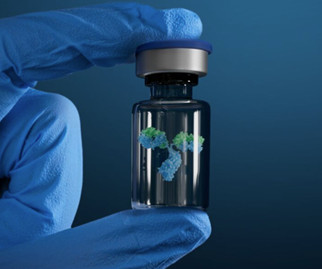Separating the Hype from the Hyperbole Surrounding FDORA’s Alternatives to Animal Testing under the FD&C Act
FDA Law Blog: Drug Discovery
FEBRUARY 2, 2023
Since 1962, the FD&C Act has authorized FDA to require that sponsors of clinical trials submit data from “preclinical tests (including tests on animals)” in order to demonstrate that their drug is safe enough to advance to testing in humans. adequate to justify the proposed clinical testing.”













Let's personalize your content